IESF-2025 Keynote Speakers
Where Young Scholars Lead the Dialogue on Sustainability and Innovation
Professor Kadambot H.M. Siddique AM, FTSE, FAIA, FNAAS, FISPP, FAAS, FPAS is an internationally recognized agricultural scientist and Hackett Professor of Agriculture Chair and Director of the UWA Institute of Agriculture, The University of Western Australia (UWA). With over 35 years of pioneering contributions to crop science, Professor Siddique has built an exceptional career advancing global food security, particularly in dryland agricultural systems. After completing his PhD at UWA in 1985, he served in key scientific and leadership roles, including Principal Scientist at the Department of Agriculture and Food Western Australia (DAFWA), Director of CLIMA, and founding Director of the UWA Institute of Agriculture.
Professor Siddique’s research focuses on crop physiology, production agronomy, genetic resources, and breeding innovations in cereals and grain legumes. His studies on chickpea adaptation and water-use efficiency under terminal drought conditions have significantly strengthened the Australian grain legume industry, now valued at over $600 million annually. He has led major national and international research programs addressing wheat productivity, root phenotyping, phosphorus use, and climate resilience. His publications are highly cited and have shaped global understanding of crop adaptation in Mediterranean and semi-arid environments.
His impact extends beyond research. He has secured over $80 million in funding, trained more than 60 postdoctoral fellows and 60 PhD/MSc students, and built enduring collaborations across Asia, the Middle East, and Africa. Notable initiatives include the UWA–Lanzhou University dryland agriculture partnership, the ACIAR-funded “Seeds of Life” project in Timor-Leste, and the establishment of UWA’s Pingelly Future Farm 2050.
A frequent invited speaker and a key contributor to capacity-building, Professor Siddique is also deeply engaged in teaching and policy advisory. His awards and fellowships—including FTSE and FAIA—reflect his global leadership in agricultural innovation, sustainability, and education. His work bridges science, practice, and policy for a more food-secure future.
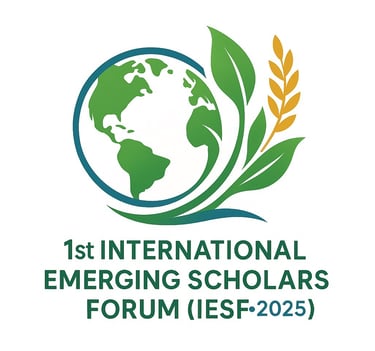

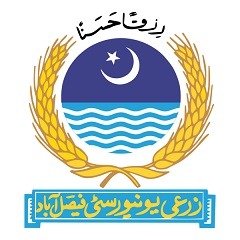

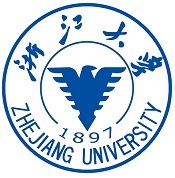

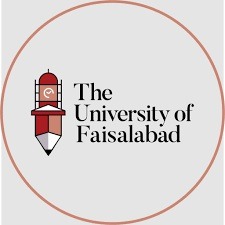

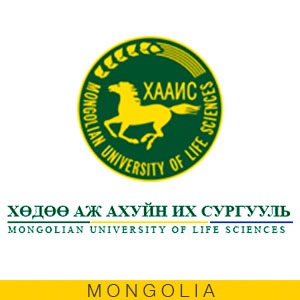

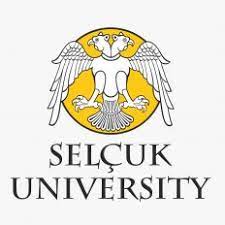

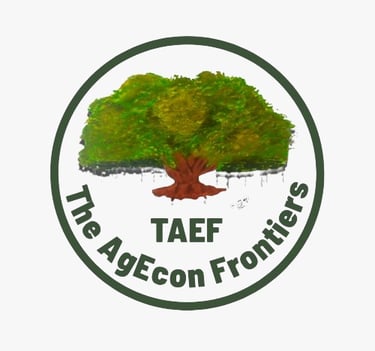

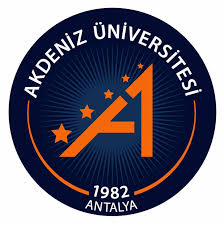




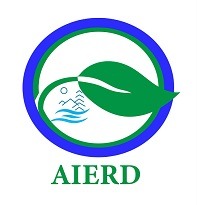

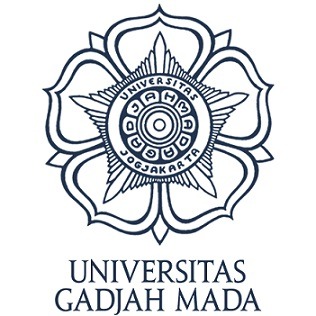

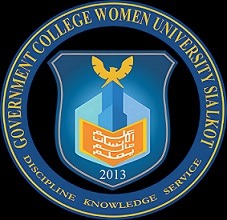

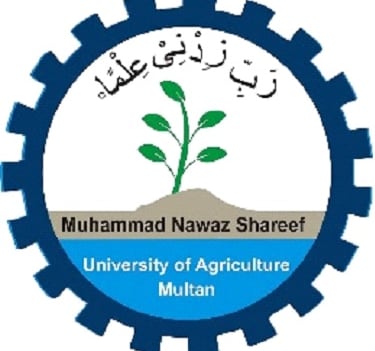

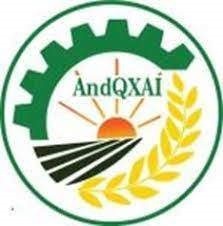

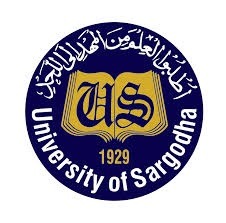

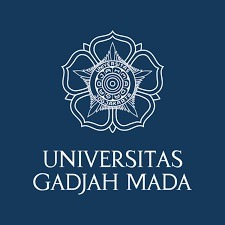




Professor Dr. Md. Aminur Rahman is an internationally recognized marine biologist and fisheries expert with over 30 years of academic, research, and development experience across Asia, North America, and Oceania. He earned his PhD in Marine and Environmental Sciences from the University of the Ryukyus, Japan (2001), followed by prestigious postdoctoral fellowships with the Japan Society for the Promotion of Science (JSPS) and the Smithsonian Tropical Research Institute (USA), focusing on sea urchin reproduction, aquaculture, and hybridization across Indo-Pacific and Atlantic regions.
His career includes a two-decade tenure as Senior Scientist at the Bangladesh Fisheries Research Institute (1988–2007), where he contributed to the conservation and aquaculture of endangered native species in collaboration with FAO, DFID, and WorldFish. Internationally, he served as Senior Research Fellow at Universiti Putra Malaysia (2010–2017) and Professor/Advisory Professor at the FAO World Fisheries University, South Korea (2017–2021). He currently chairs the Department of Fisheries and Marine Bioscience and directs the Institute of Higher Education and Research at Jashore University of Science and Technology (JUST), Bangladesh.
Professor Rahman’s expertise includes marine and freshwater biology, aquaculture, reproductive ecology, stock assessment, and climate change impacts on fisheries. He has published over 193 peer-reviewed articles, two books, 17 chapters, and 48 conference proceedings. With a Google Scholar h-index of 31 and over 3,100 citations, he has supervised more than 53 students and led 36 research projects.
An active academic leader, he holds editorial positions in 35 international journals, has chaired 44 international sessions, and delivered 70 keynote or invited lectures. A certified SCUBA diver, he has conducted 70 marine expeditions and received 45 awards for his contributions to marine science and the blue economy.
Professor Rahman has received 45 national and international awards recognizing his outstanding contributions to marine science, aquaculture, and fisheries development. His active collaborations with leading institutions such as Smithsonian (USA), ANSTO (Australia), and King Abdulaziz University reflect his global leadership in the sustainable utilization and conservation of marine bioresources.
Professor Dr. HAN Hongyun is a leading scholar in Agricultural Economics and Management at Zhejiang University, China, with over 20 years of experience in research, teaching, and academic leadership. Her interdisciplinary expertise spans agricultural development, rural economics, natural resource and environmental management, and public administration.
Dr. Han has taught a diverse array of courses at undergraduate and postgraduate levels, including Natural Resources and Environmental Economics, Econometrics, Intermediate Macroeconomics, Management Communication, and Public Administration. She is known for blending theoretical rigor with real-world application, equipping students with the skills to tackle contemporary challenges in agriculture and environmental policy.
Her research focuses on optimizing resource use in rural regions, evaluating government interventions, and promoting sustainable development. Dr. Han has led nine major research projects, many of which examine the economic value of ecosystem services, resource allocation efficiency, and the cost-effectiveness of environmental regulations. Her work supports China’s rural revitalization initiatives and informs national strategies on agricultural modernization and ecological sustainability.
Dr. Han has also made significant contributions to understanding socio-economic transitions in China’s rural areas, particularly the impacts of urban-rural integration and agricultural policy reforms. She actively collaborates with local governments and stakeholders to translate academic findings into actionable strategies that enhance rural livelihoods and resource stewardship.
In addition to her research and teaching, Dr. Han contributes to academic service and policy engagement. She regularly participates in national forums, policy dialogues, and peer review processes, maintaining an influential voice in the intersection of science and policy.
Professor Han’s dedication to environmental governance, rural sustainability, and academic excellence continues to shape policy thinking and scholarly discourse in China. Her leadership inspires the next generation of economists and development practitioners working at the critical nexus of agriculture, environment, and public policy.
Dr. M. Ejaz Qureshi is a distinguished agricultural and resource economist with over 20 years of experience across academia, government, and international development organizations. He currently serves as an Honorary Associate Professor at the Fenner School of Environment and Society, Australian National University (ANU), where he supervises postgraduate research and lectures on natural resource management, agricultural policy, and environmental governance.
Dr. Qureshi also holds a senior leadership role as Assistant Director in the First Nations Policy Branch at Australia’s Department of Agriculture, Fisheries and Forestry (DAFF). In this capacity, he has contributed to shaping Australia’s First Nations Policy Platform, integrating Indigenous knowledge into environmental management, and leading national efforts to evaluate and strengthen the country’s biosecurity system.
His interdisciplinary expertise spans water and land resource management, food and nutrition security, climate change, forest policy, and biosecurity. His career includes impactful roles at CSIRO, ABARES, James Cook University, University of Queensland, the Food and Agriculture Organization (FAO) of the United Nations, and the Australian Centre for International Agricultural Research (ACIAR). At FAO, he supported the implementation of Pakistan’s agricultural policy. At ACIAR, he managed over 25 research-for-development projects across Asia and the Pacific, advancing evidence-based agricultural development.
Earlier at CSIRO and ABARES, Dr. Qureshi led projects on pesticide regulation, salinity, and natural resource economics, while also advising the government on environmental policy and biosecurity preparedness. He has provided briefings to the Australian Parliament and contributed extensively to public policy development.
Dr. Qureshi’s scholarly contributions include nearly 100 publications, including 40 peer-reviewed articles, six book chapters, and multiple technical reports. He has served as Guest Editor for Food Security and Hydrogeology Journal and as Associate Editor of the Journal of Hydrology. His work continues to influence sustainable agriculture and environmental governance in Australia and the Asia-Pacific.
📬 Stay Connected
Subscribe to our newsletter to receive research updates, publication calls, and ambassador spotlights directly in your inbox.
🔒 We respect your privacy.
🧭 About Us
The Agricultural Economist is your weekly guide to the latest trends, research, and insights in food systems, climate resilience, rural transformation, and agri-policy.
🖋 Published by The AgEcon Frontiers (sPvt) Ltd. (TAEF) a knowledge-driven platform dedicated to advancing research, policy, and innovation in agricultural economics, food systems, environmental sustainability, and rural transformation. We connect scholars, practitioners, and policymakers to foster inclusive, evidence-based solutions for a resilient future.
The Agricultural Economist © 2024
All rights of 'The Agricultural Economist' are reserved with TAEF
